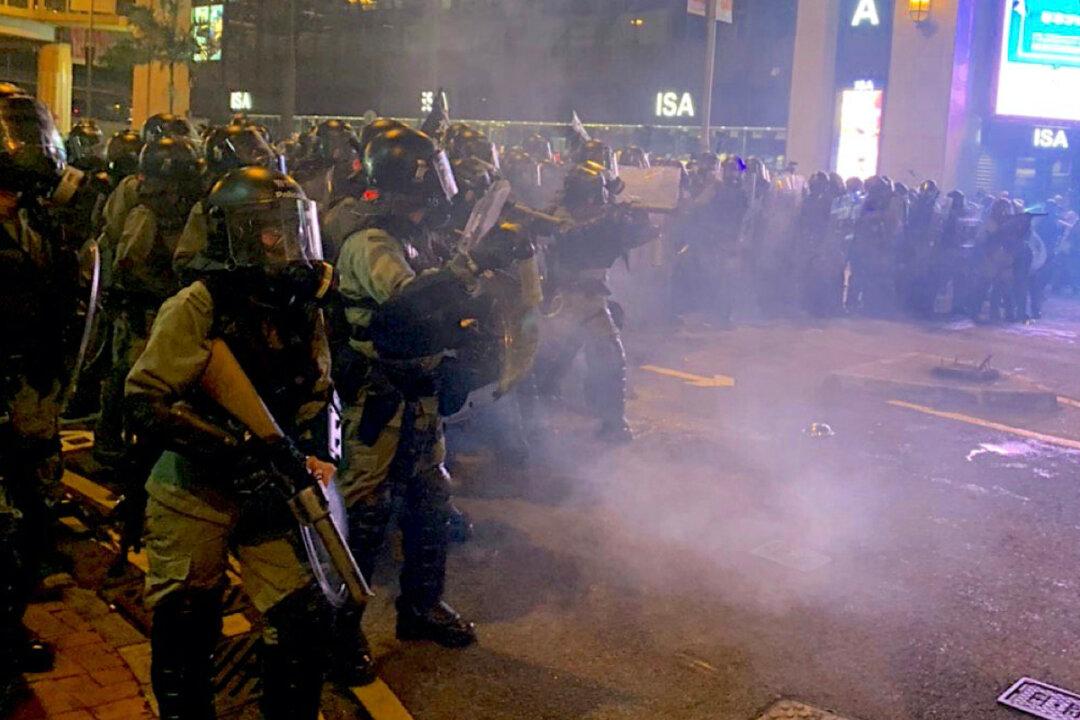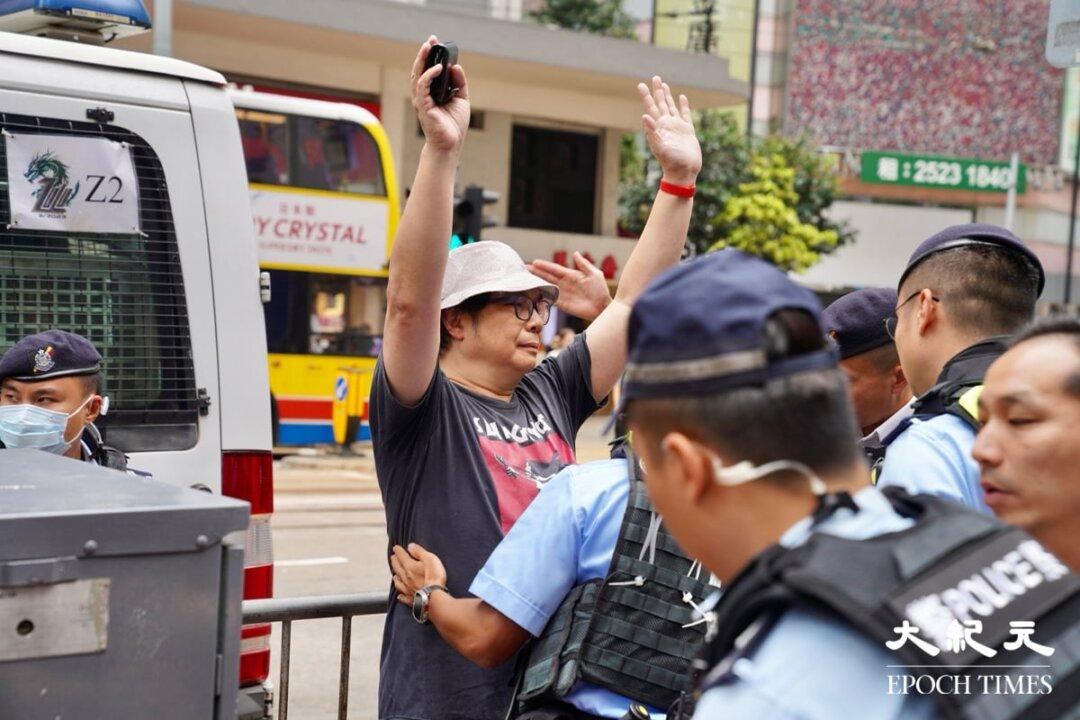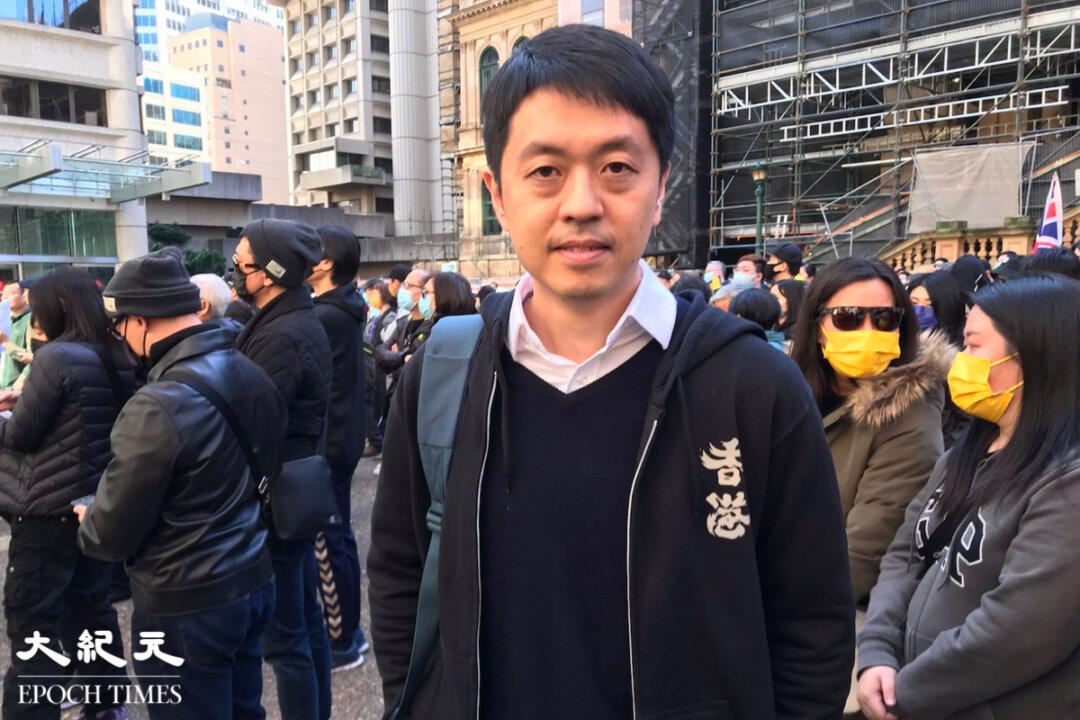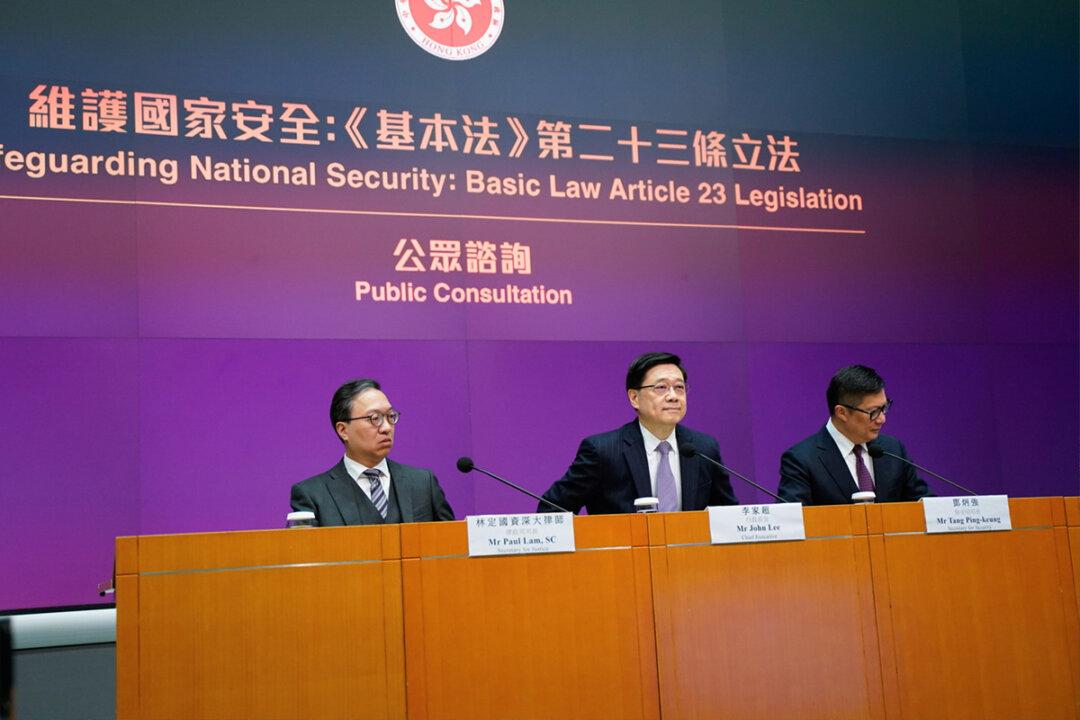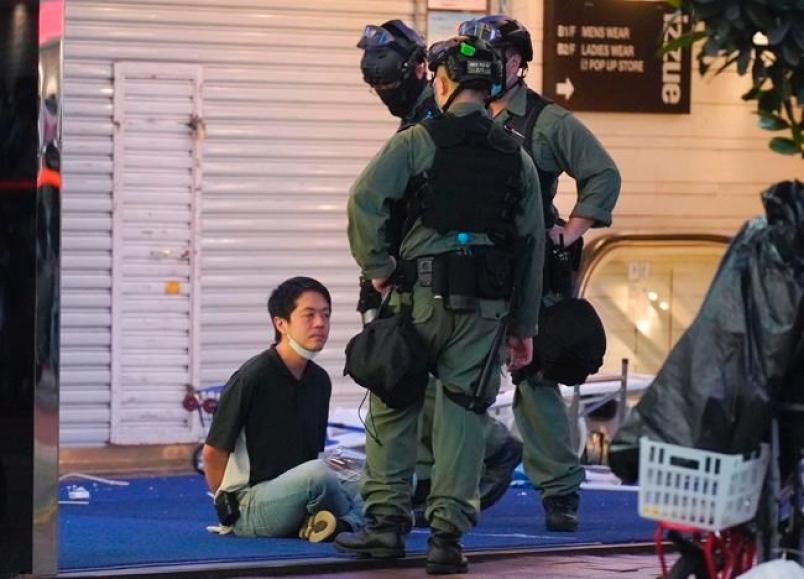Recently, local pastors in Hong Kong confirmed with Christian media outlets that the authorities did ask the churches why they allowed protesters into the churches back in 2019 and used community service premises as a gathering space.
On April 17, Christian Times quoted the speech of Fan Kwok-kwong at Shaping the Hong Kong Church Prospect Conference in Hong Kong, who is the Director-General of Christian & Missionary Alliance Church Union.
